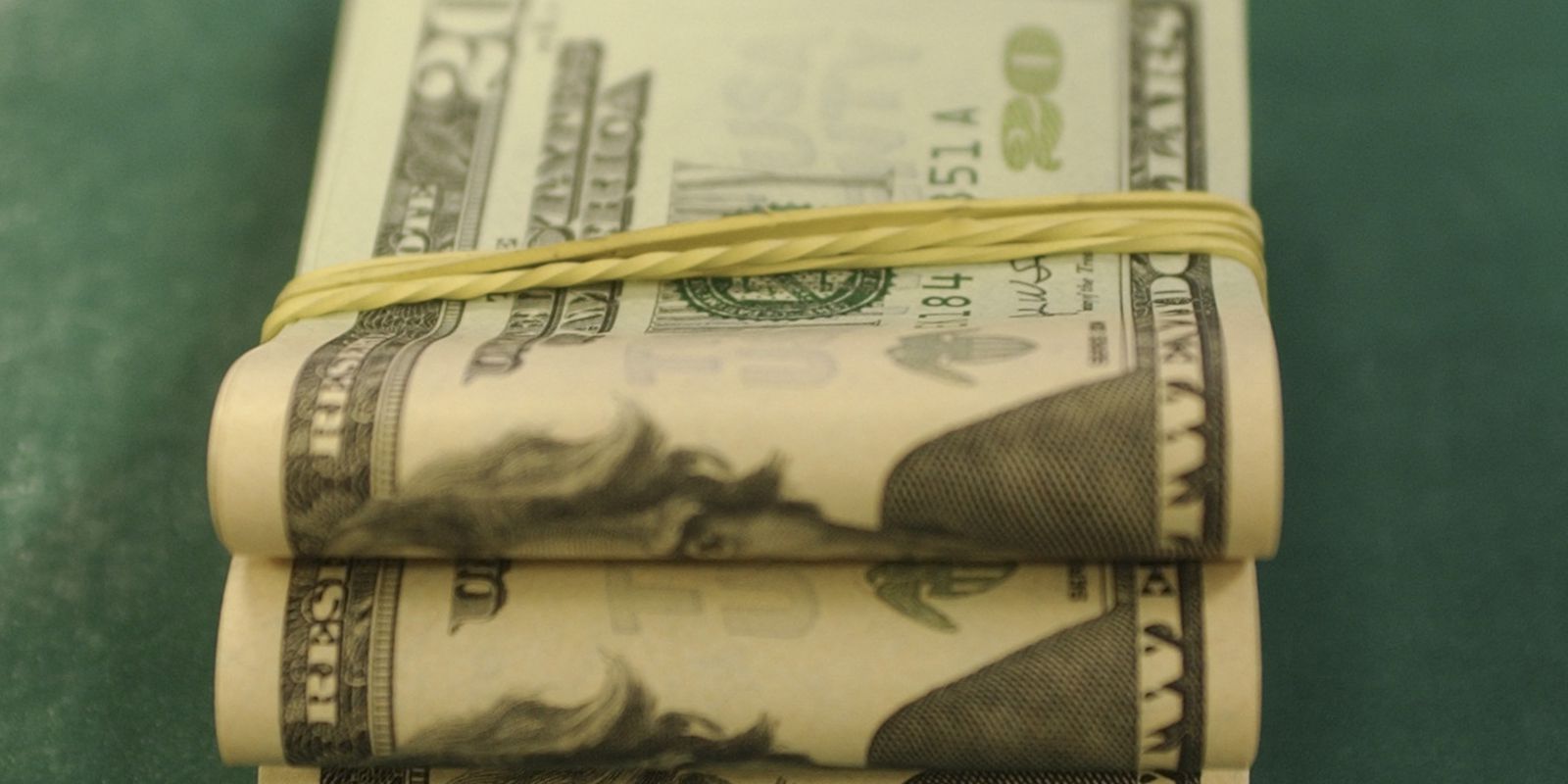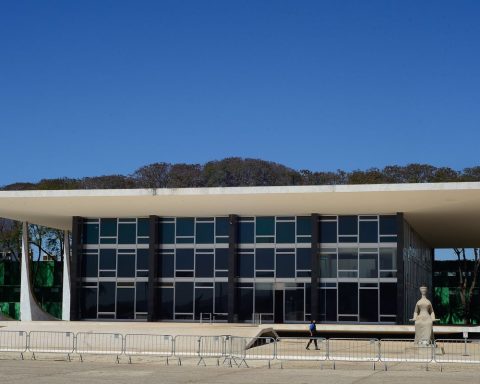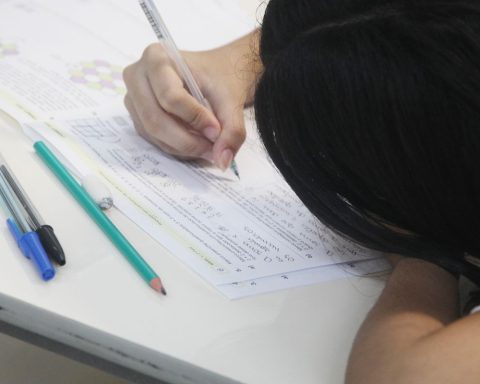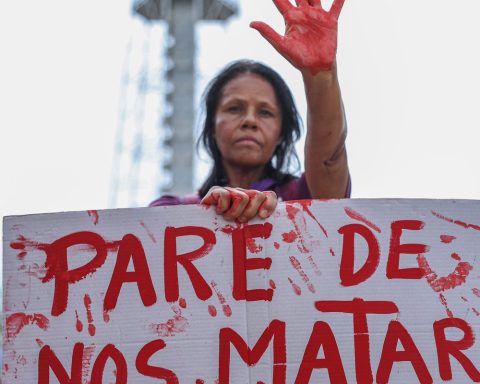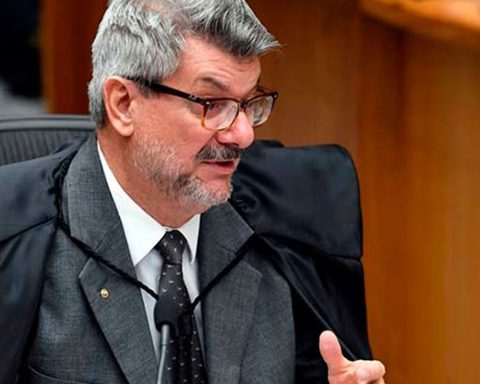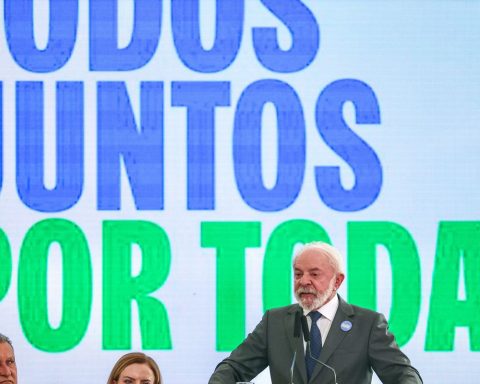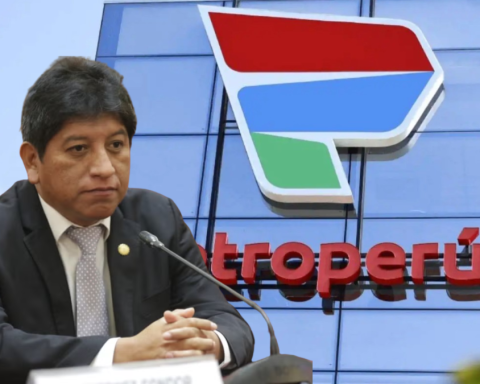Dollar rises to R$5.16 after minutes from the American Central Bank
Stock market fluctuates, but closes Wednesday up 0.17%
Supported by Petrobras shares, the most traded on this Wednesday, the stock exchange closes with a high of 0.17%.
Wellton Máximo – Reporter for Agência Brasil*
Brasilia
The indication that the US Central Bank will keep interest rates high for a long time has brought turmoil to the international financial market. The dollar even exceeded R$ 5.20, but slowed down during the afternoon. The stock market was down for most of the session, but closed slightly higher after reacting towards the end of trading.
The commercial dollar closed this Wednesday (17) sold at R$ 5.168, up by R$ 0.028 (+0.53%). The US currency reached R$ 5.21 in the early morning, but the pace of increase slowed down, as foreign capital returned to enter the country.
Volatility also prevailed in the stock market. B3’s Ibovespa index closed at 113,708 points, up 0.17%, after falling almost 1% in the first few minutes of trading. The rise was supported by Petrobras shares, the most traded on the stock exchange, which benefited from the increase in international oil prices.
Petrobras’ common shares (voted at a shareholders’ meeting) rose 3.33%. Preferred shares (with preference in the distribution of dividends) appreciated by 2.34%. On the other hand, shares of mining and steel companies fell due to the fall in iron ore, still reflecting the slowdown in the Chinese economy.
This Wednesday, the Federal Reserve (Fed, US Central Bank) released the minutes of the last meeting, in which it raised US basic interest rates by 0.75 percentage point. Despite the document informing that the agency should reduce the rate of increase going forward, Fed leaders admitted that rates will remain high for a long time, until inflation expectations in the largest economy on the planet are under control.
At first, the document created instability for emerging countries, by indicating that rates may remain high for a longer period than imagined. However, the pressure eased with the assessment that the general tone of the minutes was favorable to higher risk investments, indicating that the next increases should be 0.5 percentage point. Higher rates in advanced economies encourage resource outflows from emerging markets such as Brazil.
* With information from Reuters
